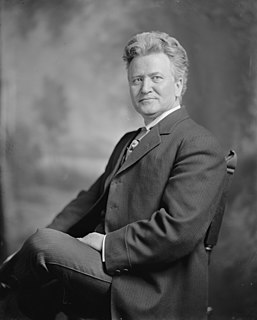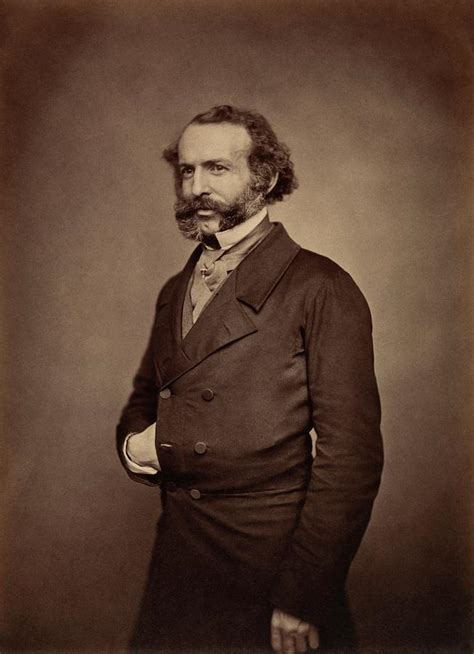A Quote by Sylvia Townsend Warner
Related Quotes
You point out that war is only a symptom of the whole horrid business of human behavior, and cannot be isolated. And that, even if we abolish war, we shall not abolish hate and greed. So might it have been argued about slave emancipation, that slavery was but one aspect of human disgustingness, and that to abolish it would not end the barbarity that causes it. But did the abolitionists therefore waste their breath? And do we waste ours now in protesting against war?
To have security against atomic bombs and against the other biological weapons, we have to prevent war, for if we cannot prevent war every nation will use every means that is at their disposal; and in spite of all promises they make, they will do it. At the same time, so long as war is not prevented, all the governments of the nations have to prepare for war, and if you have to prepare for war, then you are in a state where you cannot abolish war.
When you say that after World War I there was a pandemic that killed more people than the war itself, most will say: "Wait, are you kidding? I know World War I, but there was no World War 1.5, was there?" But people were traveling around after the war, and that meant the force of infection was much higher. And the problem is that the rate of travel back then was dramatically less than what we have nowadays.







































